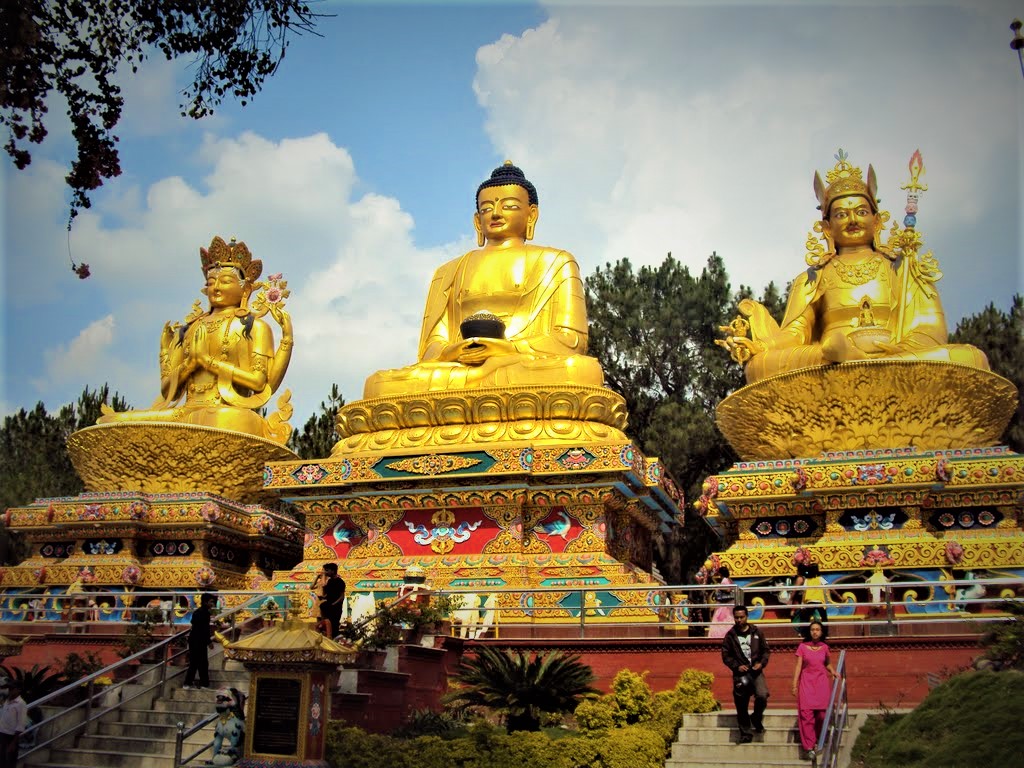Buddha Jayanti: Celebrating the Birth, Enlightenment, and Death of Buddha
Overview of Buddha Jayanti
Buddha Jayanti, also known as Buddha Purnima or Buddha Day, is a significant Buddhist festival that commemorates the birth, enlightenment, and death of Siddhartha Gautama, who became the Buddha. Observed on the full moon day in April or May, this auspicious occasion is marked by vibrant celebrations, spiritual practices, and acts of devotion throughout Buddhist communities worldwide.
Significance of Buddha Jayanti
- Birth of Buddha: Buddha Jayanti celebrates the birth of Siddhartha Gautama, who was born in Lumbini, Nepal. His life and teachings have had a profound impact on millions, guiding them towards enlightenment and inner peace.
- Enlightenment: The festival also marks the day Siddhartha attained enlightenment under the Bodhi tree, achieving Nirvana and becoming the Buddha, or “The Awakened One.”
- Death of Buddha: Buddha Jayanti honors the death (Parinirvana) of the Buddha, recognizing his final passing away and the ultimate liberation from the cycle of birth and rebirth.
Celebrations and Traditions
1. Religious Observances
- Prayer and Meditation: Devotees engage in prayer, meditation, and reflection at temples and monasteries. Special ceremonies are held to honor the Buddha’s teachings and to seek spiritual growth.
- Chanting and Pujas: Buddhist monks and practitioners perform chanting sessions and pujas (rituals) to pay homage to the Buddha and to make offerings of flowers, incense, and candles.
2. Processions and Festivities
- Processions: In many places, colorful processions featuring traditional music, dance, and floats depicting scenes from the Buddha’s life are organized. These processions are often accompanied by the chanting of Buddhist hymns.
- Community Events: Public events and gatherings are held to educate people about the life and teachings of the Buddha. These events often include lectures, discussions, and cultural performances.
3. Acts of Kindness and Charity
- Giving Alms: It is customary to offer food, clothing, and other essentials to monks and the less fortunate as an act of generosity and compassion.
- Volunteering: Many people use this occasion to engage in charitable activities, such as organizing community clean-ups, supporting local causes, and helping those in need.
4. Special Rituals
- Bathing the Buddha Statue: A traditional ritual involves bathing statues of the Buddha with scented water as a symbol of purification and respect. This act is believed to bring good fortune and spiritual blessings.
What to Expect
- Cultural Immersion: Experience the rich cultural traditions and spiritual practices associated with Buddha Jayanti. Witness the devotion and reverence of Buddhist communities as they celebrate this important festival.
- Festive Atmosphere: Enjoy the vibrant atmosphere of the festival, with colorful decorations, processions, and community gatherings that highlight the joyous and solemn aspects of the celebration.
Travel Tips
- Respect Traditions: Be mindful of local customs and traditions. Dress modestly when visiting temples and participating in religious ceremonies.
- Participation: Engage in the festival activities respectfully, and consider participating in community service or charity events to honor the spirit of the occasion.
- Local Insights: Seek guidance from local Buddhist communities or tour guides to gain a deeper understanding of the significance of Buddha Jayanti and the proper ways to observe the festival.

